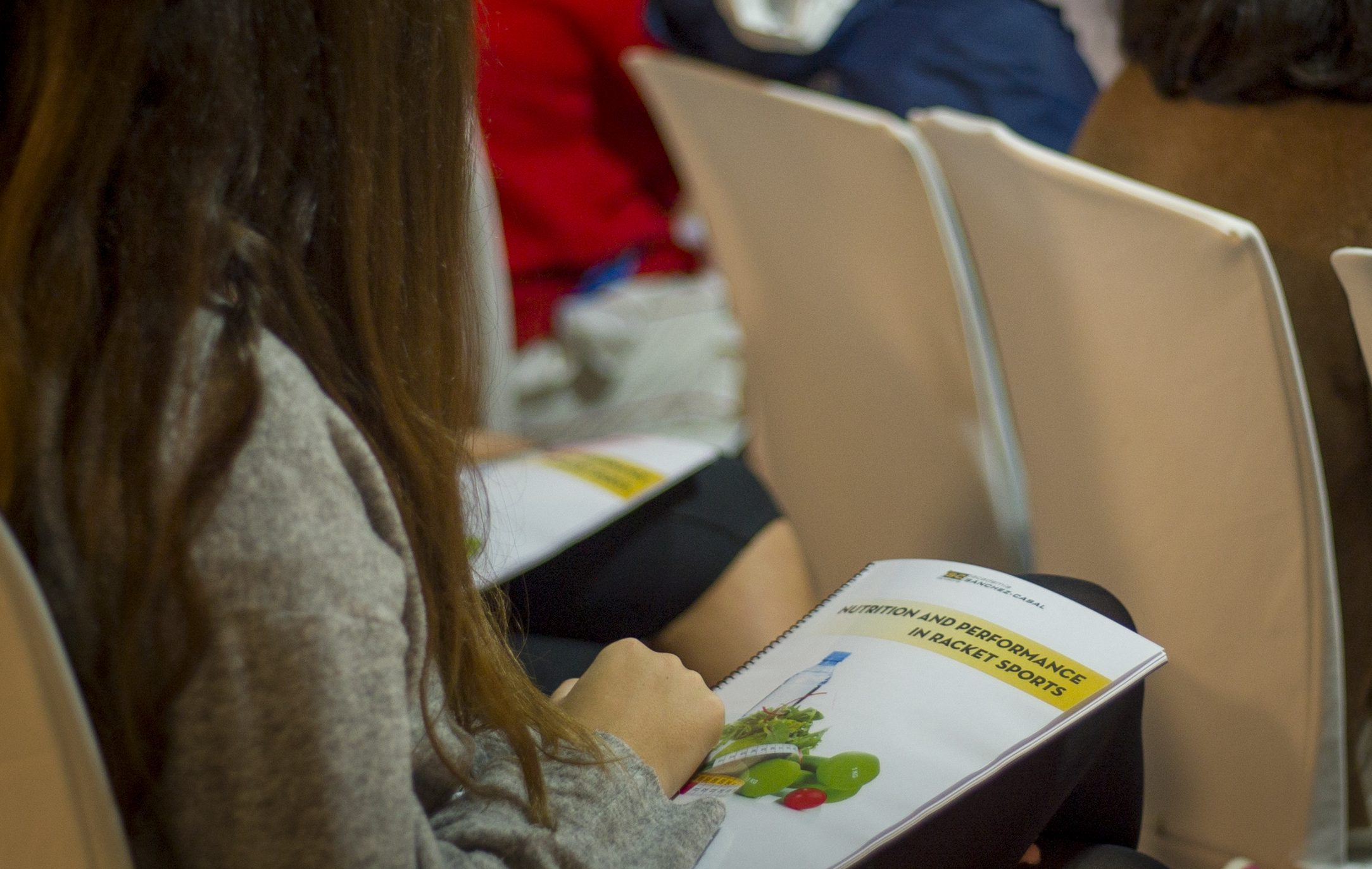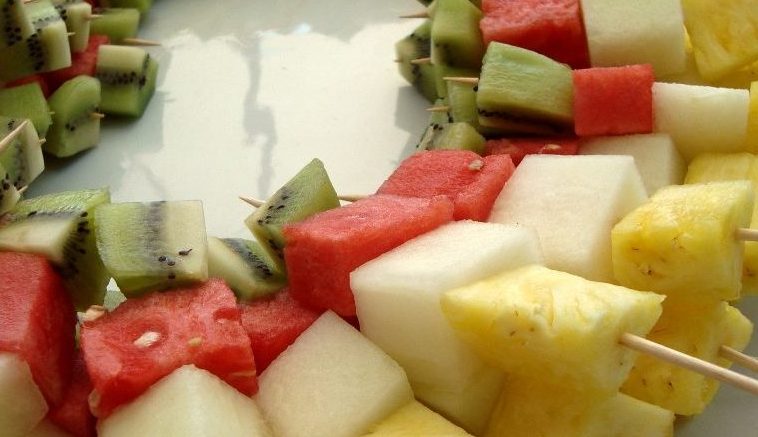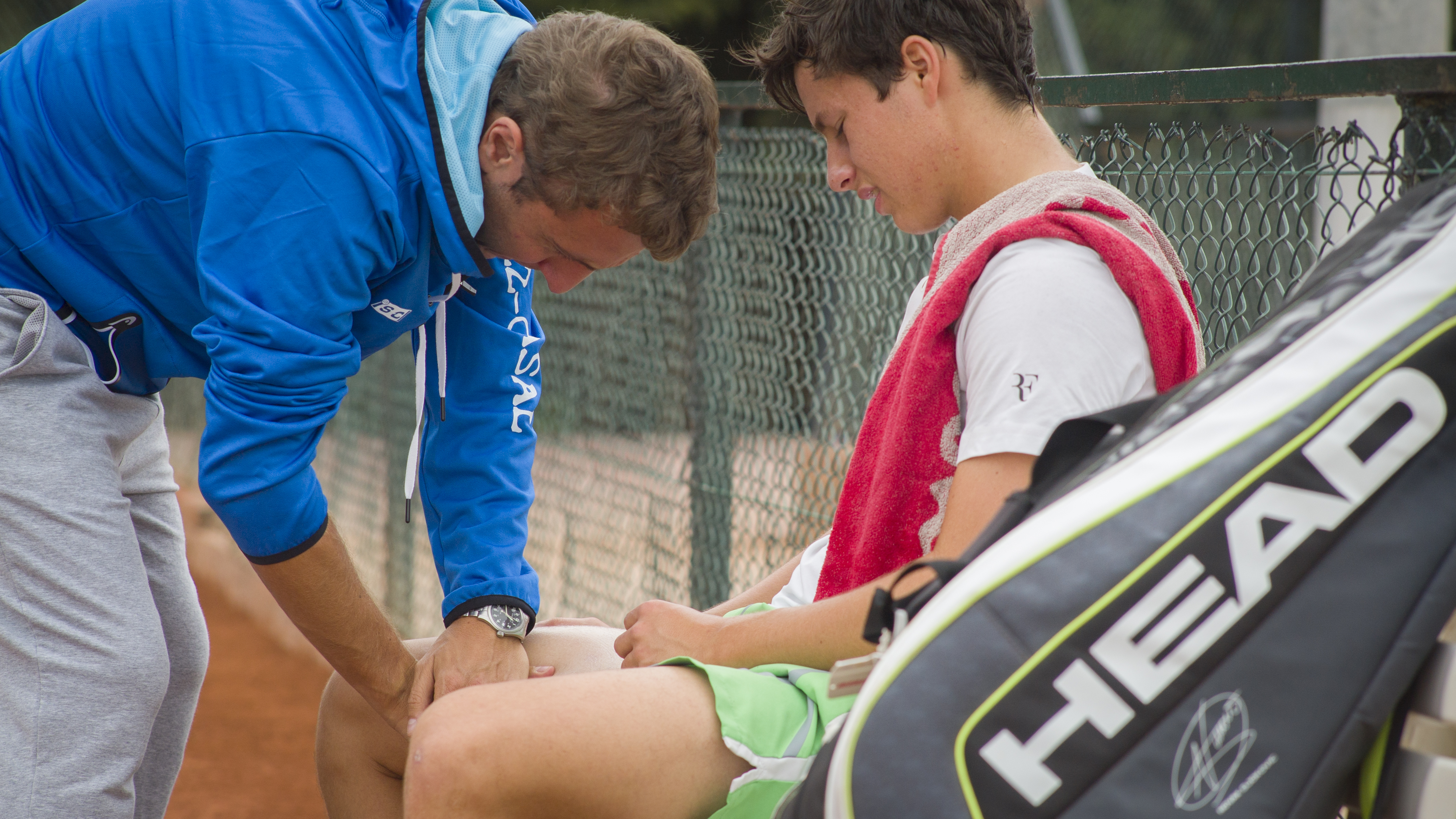
One goal of good nutrition for athletes must be to prevent this oxidation, with foods like fresh fruits, vegetables, and green juices. We can highlight the coenzyme Q10, which also helps to optimize energy cells and to combat physical fatigue. Q10 helps to protect cells from attack by free radicals, replacing them and returning them to their normal state.

What are free radicals?
Free radicals are highly reactive molecules, and the result of these molecule reactions is to generate a disruption in cell membranes in our body.
Free radicals are produced in most body cells through the body’s own cellular metabolism and also by the action of toxic agents. There are two types of free radicals:
- Internal: caused by very intense exercise, stress, and our own metabolism.
- External: caused by a poor diet (malnutrition), consumption of snuff, alcohol, drugs, pollution, and excess exposure to the sun.

How is our health affected by free radicals?
- The main consequence of free radicals is aging. The accumulation over the years of free radicals can modify the membranes of epithelial cells and this hampers skin nutrition. Similarly, collagen cells and elastin are also damaged, so the skin loses its firmness and elasticity.
- Free radicals also generate problems in the cardiovascular system, as they accelerate the hardening of the arterial walls, encouraging the appearance of arteriosclerosis. The endothelium is responsible for maintaining the balance between the processes of thrombosis-fibrosis and vasodilation-constriction. Excess oxidation caused by free radicals affects the endothelial wall, which becomes unable to perform its duties properly. LDL (low density lipoprotein) uptake is affected as well, and for this reason the LDL remains the bloodstream.
- Furthermore, free radicals can trigger problems in the nervous system as the impulse of the nerves can decrease. The same weakening can also happen to the reflexes, memory and learning. If blood flow to the nervous system decreases, a person can even suffer senile dementia.

How can we fight free radicals?
We can use endogenous and exogenous antioxidants to counteract free radicals effects.
- It’s difficult to influence endogenous antioxidants, since they are enzymes (proteins) with an antioxidant capacity which are not eliminated in reaction to free radicals. Rather, they are dependent on their cofactors, such as copper, iron, zinc, magnesium and selenium.
- Exogenous antioxidants come from the diet, and, unlike the enzymes, they get consumed by reacting with free radicals and must be replaced.
What natural products are related to the antioxidant action?
Vitamin E, Vitamin C, Zinc, Coenzyme Q10, Manganese, Beta-carotene, Selenium, Carrot Oil (high in vitamin A), Selenium Yeast, Standing Lion extract (high in flavonoids), Acacia powder (high in flavonoids), Rosa canine (high in vitamin C and flavonoids and A), and Wheat germ (high in vitamin E) are all related to antioxidant action.
In conclusion, if you want to stay healthy and provide your cells with food to prevent aging caused by the practice of sports, you must maintain an antioxidant rich diet.
Sergi Bonillo
Food and Beverage manager at Academia Sánchez-Casal Barcelona





















